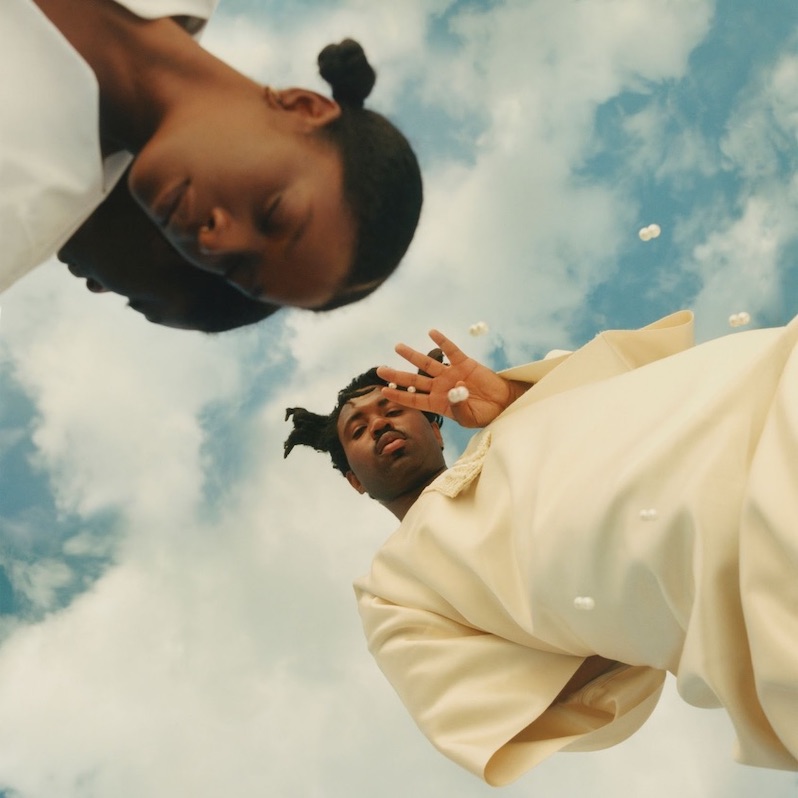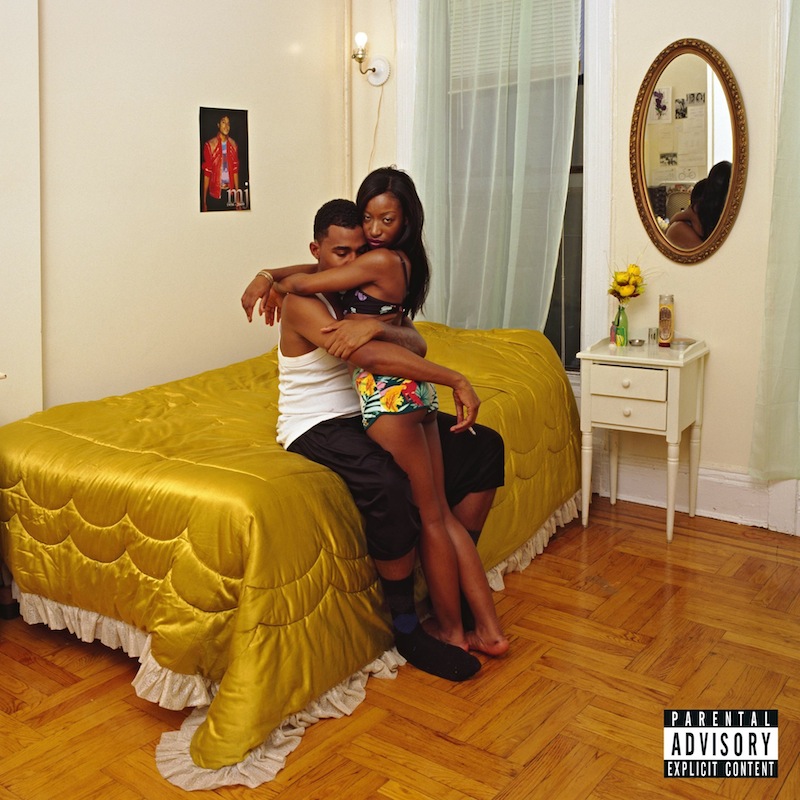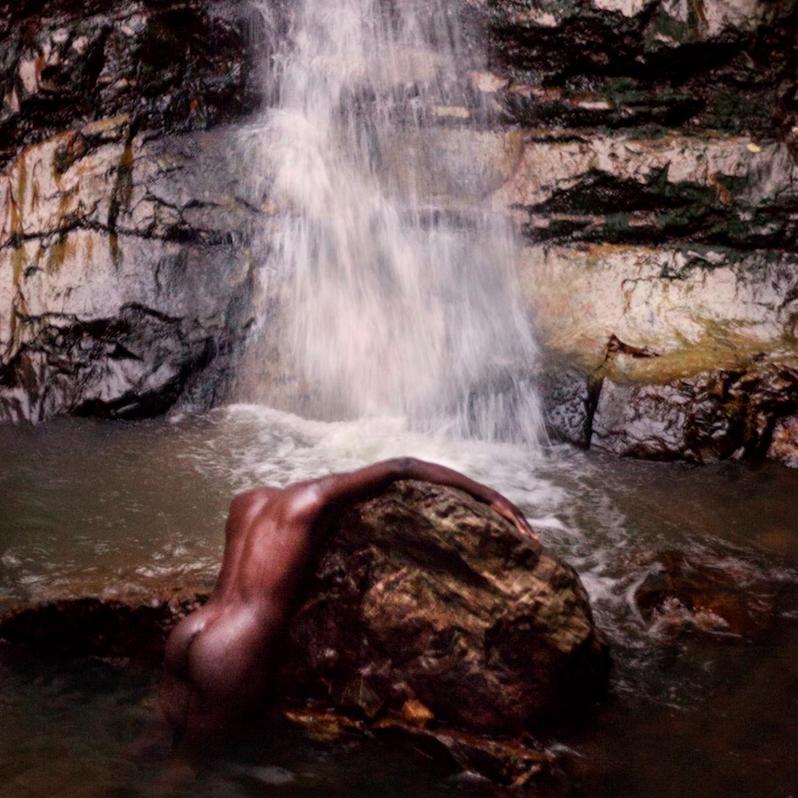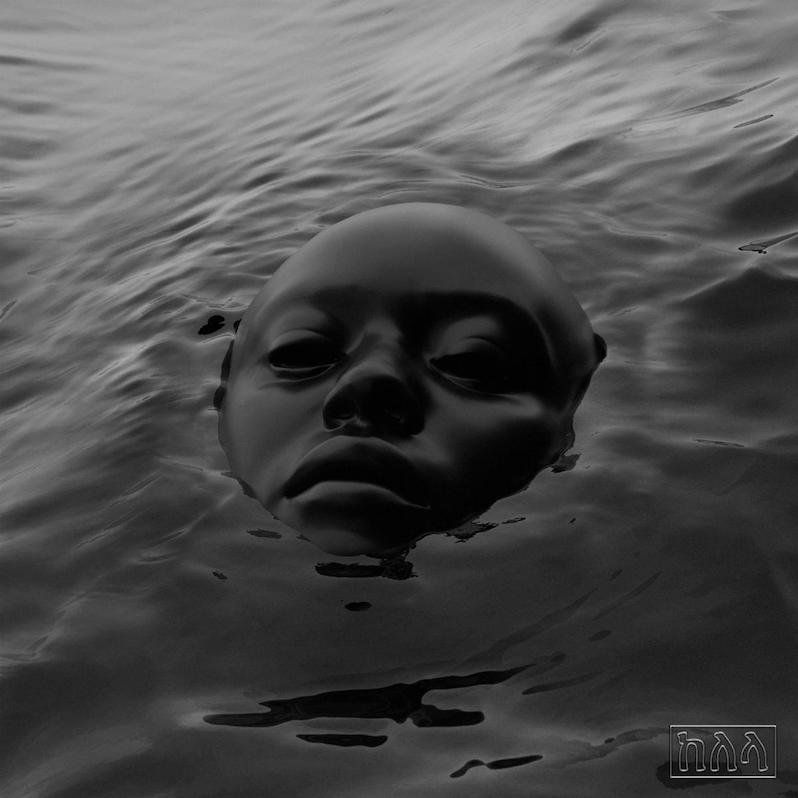Sampha : Lahai

It shouldn’t have surprised me as much it did that Sampha‘s sophomore album Lahai carries so much art-house electronic music in its veins as it does. Shame on me for that: assuming that a voice like this, well-known for his guest turns on hip-hop tracks and his impeccable debut, Process, would stick to well-known musical beds. If any strong comparison could be made between his latest and any other work he’s collaborated on, it would be the shamefully good Nothing Was The Same by Drake, a record that really did contain the arthouse hip-hop penache I think we all hoped the post-Kanye era would usher in, before it turned out that was a dying dream and Drake was, uh… Drake. But what if that promise had been delivered? What if, by simply omitting Drake himself, the bed of through-sequenced tracks that read like The Roots covering Aphex Twin or Steve Reich collaborating with a choir could assemble themselves into the thing we wanted all along?
There is a grandeur here, a sophistication that feels like Teddy Pendergrass or the more symphonic moments of Marvin Gaye. As someone in their mid-30s who feels increasingly disconnected from club-ready bangers in a certain sense, spending most of my evenings indoors with the one I love and a nice book in my lap, this is certainly closer to my vibe, albeit one I did not anticipate from Sampha. Not that it lacks for sensuality or romance: far from it. The slinkiness of the bass, which bounces between melodic lines and room-filling buzzing, provides an anchor for the body while the overall jitteriness of the drums keeps the mood from falling into R&B cliches. At times, piano is played in a distant lo-fi tone, calling to mind the more abstract experiments of someone like Frank Ocean, before like a fader being turned in the hand it turns again to that romantic, nearly wind-swept sense of beauty.
Finding a record that can be played comfortably next to Nefertiti, perhaps the most unfairly-overlooked Miles Davis record by general listeners, as well as Undercurrents, a likewise-undersung Bill Evans record, is always a great pleasure. Lahai keeps its temperature relatively low, refusing to give you as a listener an eruptive moment that cinches it as an all-time album. The first few listens I lodged with the record, my notepad next to me and my eyes staring up at the ceiling as it played, all I could managed to jot down, aside from lingering comments about production, was that it was a nice album. This thought struck me as the kind that would unfurl over future listens, the tickle of a thought not yet ready to be born. But as I listened more and more, it was a sentiment that remained elusive, a statement so perfect and true that it came across as slight when it was instead gesturing to some unnameable distant version of itself that still hasn’t worked its way out of my fingers and onto the page.
But, importantly, I keep putting it on. When my wife and I are sitting with evening drinks reading with our pets, they ask me to put it on. I can watch as their eyes close in pleasure as the IDM drumbeats dial in, see their eyes open slow and return to the page as strings and piano paint luxurious images. The record, to my great surprise, does not conjure an image but a feeling, that the desired space to listen to it is in fact the mood it wants to generate. This album feels what domestic bliss feels like, what the release of shame and doubt in the bonds of love feels like, the quiet simple joy of washing dishes and sorting out the garbage to be taken out in the morning while your loved one is in the shower down the hall.
If anything, this conjures another perhaps more fitting comparison, albeit one not necessarily immediate to mind: Bill Withers. Bill was the master of domesticity in song, feeling often less like a powerhouse vocalist and composer and more like your father singing to you as a child, a magical sense of sentimentality to conjure in strangers and a brilliant example of how remarkably keen songcraft can at its very best hide the level of intentional work that goes into the songs themselves, his work often landing so resonantly in the heart that you forget how genius and meticulous they are as pieces of craft. This fusion of IDM and abstract electronic textures to the symphonic and sophisticated wing of R&B feels so close to me, what my common nights feel like. It’s no wonder words were hard to find. It’s like using your hand to map the contours of your face by pen without a mirror to guide you.
Label: Young
Year: 2023
Similar Albums:
Langdon Hickman is listening to progressive rock and death metal. He currently resides in Virginia with his partner and their two pets.




